Private Care for Elderly at Home: 2025 U.S. Guide to Costs, Services & Safe Hiring
Discover how to arrange private care for elderly at home: costs, services, safety checks, funding tips, and caregiver vetting in our 2025 U.S. guide.
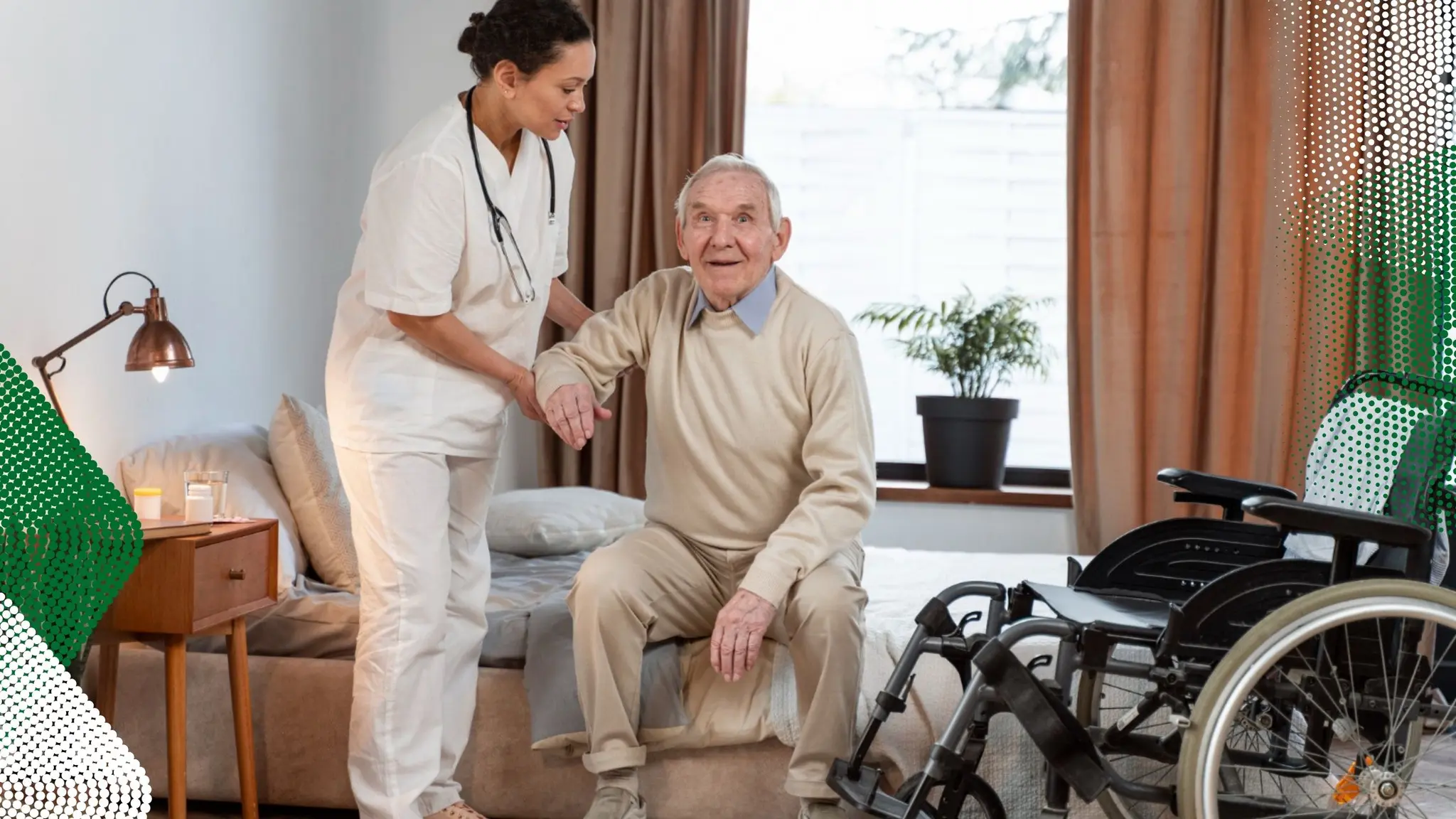
Care Staffing Team
Published in Senior Living
Why Private Care for Elderly at Home Matters in 2025
Across the United States, 55.8 million people are already age 65 or older, and that cohort is expanding faster than any other age group. As they voice a clear wish to age in place—75 percent of adults 50-plus want to stay in their current homes—families are turning to private care for elderly at home instead of institutional settings. Private care for elderly at home means tailored, one-to-one support delivered where seniors feel safest, combining everything from basic home care services to skilled in-home senior care. It preserves daily routines, friendships, and neighborhood ties while easing the fear of dislocation. Because private care for elderly at home is flexible, it can scale with changing health needs—letting a few weekly visits grow into live-in coverage. Most importantly, private care for elderly at home positions loved ones to keep control over daily choices, reinforcing dignity and independence as cornerstones of healthy aging.
5 Key Benefits of Private Care for Elderly at Home
Get Periodic Updates Straight To Your Inbox. Sign Up To Our Newsletter Today.
Choosing private care for elderly at home unlocks advantages no facility can match.
- First, private care for elderly at home offers individualized attention: one caregiver focuses solely on one client, shaping every task—from personal care services like bathing or meal prep to medication reminders—around familiar habits. Visiting Angels data show such one-to-one support lowers falls and eases depression.
- Second, private care for elderly at home sustains independence and dignity. Seniors keep the power to wake, dine, and socialize on their schedule while aging in place, a benefit the National Institute on Aging links to higher life satisfaction.
Read More: Weddings just got a whole lot furrier — and fancier
- Third, private care for elderly at home strengthens emotional health through steady companionship. Regular conversation and shared hobbies curb isolation—an issue tied to cognitive decline and hospital readmissions.
- Fourth, private care for elderly at home adds medical safety. Transitional-care studies confirm that skilled in-home help cuts rehospitalization by ensuring medications are taken correctly and wounds heal on time.
- Finally, private care for elderly at home delivers cost flexibility. Families can start with a few weekly hours and scale to live-in coverage without paying for amenities they don’t need. Compared with assisted living, home care services often cost thousands less per year while preserving community ties.
Ultimately, private care for elderly at home offers the safest, happiest path forward. For many families, choosing private care for elderly at home is the decision that keeps loved ones healthy, connected, and thriving.
Types of Private Care for Elderly at Home
Private care for elderly at home is not one-size-fits-all; it’s a menu families mix and match as needs change. Below are four tiers that combine to deliver truly personalized private care for elderly at home.
- Companion & Non-Medical Assistance
Entry-level private care for elderly at home provides companionship, housekeeping, meal prep, and rides to appointments. These non-medical home care services keep loneliness at bay while supporting activities of daily living (ADLs). The National Council on Aging says they suit seniors who need help but not clinical care.
- Personal Care Services
When bathing, dressing, or safe transfers grow tricky, a trained aide delivers hands-on help inside private care for elderly at home. Visiting Angels reports families often pair these shifts with respite blocks so relatives can rest.
- Home Health Aide Services
Doctor-ordered tasks—wound care, diabetes checks, therapy—shift support into the medical realm. Licensed nurses or therapists visit under a plan, turning private care for elderly at home into a mobile clinic. Care.com notes Medicare may fund limited episodes if the senior is homebound.
- Live-In Home Care & Private Duty Nursing
When full-time oversight is safest, families choose live-in home care or private duty nursing. Within private care for elderly at home, a caregiver sleeps on-site, or rotating nurses deliver 24-hour skilled care. This top tier lets complex conditions—like late-stage dementia—be managed without a facility move.
This intensive form of private care for elderly at home is different from nursing-home admission yet delivers equally robust clinical outcomes, reinforcing the value of private care for elderly at home every day.
Because each tier is modular, you can start with companionship and evolve toward nursing, all inside a flexible framework of private care for elderly at home. In every scenario, private care for elderly at home adapts quickly, keeping seniors stable, budgets predictable, and dignity intact.
Red Flags: When Your Loved One Needs Extra Help
Spotting trouble early makes private care for elderly at home far smoother. Unopened mail, spoiled food, missed pills, or new dents are classic clues from the National Institute on Aging that daily tasks are no longer safe. Sudden weight loss or unexplained bruises also suggest private care for elderly at home should begin.
Get Latest Care Industry Updates directly into your INBOX TODAY.
Behavior matters, too. Growing confusion at dusk, unpaid bills, or skipping beloved clubs can mean cognitive decline is stealing routine. Meanwhile, constant exhaustion or irritability in family members marks caregiver burnout—a health risk the National Council on Aging links to one in three caregivers. citeturn0search1 Burnout itself signals the need to expand private care for elderly at home through respite care services or rotating aides.
Acting fast prevents falls, hospital stays, and stress. Early private care for elderly at home keeps everybody safer and saner.
Building a Personalized At-Home Care Plan
A smart roadmap turns private care for elderly at home into a smooth routine. Start with a care assessment checklist—AARP’s worksheets walk you through safety risks, ADLs, medication loads, and social goals. citeturn0search6 Sharing the completed list with the doctor ensures private care for elderly at home aligns with medical orders.
Next, invite the senior to set priorities. Does she fear falling, or crave company? Naming goals keeps private care for elderly at home focused and measurable: “walk the block unassisted,” “shower without slips,” or “play bridge weekly.” The National Institute on Aging notes participatory goal-setting boosts adherence to in-home care for seniors.
Translate goals into schedules. A typical plan layers meal prep on Mondays, personal care services Tuesday through Friday, and live-in weekends when family is traveling. Link every task to your goals so progress stays visible and keeps private care for elderly at home on track.
Also Read: Residential Assisted Living: Everything You Need to Know About Senior Housing and Care
Finally, review quarterly. Health changes; so should the plan. Use the checklist to decide whether private care for elderly at home now needs skilled nursing or extra respite hours. Regular tune-ups keep private care for elderly at home nimble, effective, and budget-wise.
Independent Caregiver vs Home-Care Agency
When families decide on private care for elderly at home, they face a question: hire an independent caregiver or partner with a home care agency. The right choice keeps private care for elderly at home affordable.
Home care agency advantages start with rigorous background checks, insurance, and training. If a nurse calls out, the agency sends backup—no last-minute scrambling. AARP notes agencies can swap in staff with higher skills as needs change. (Source) In short, agency-managed private care for elderly at home offers convenience and continuity, though hourly rates run 15–30 percent higher.
Independent caregivers lower the bill but shift employer duties to you: payroll taxes, scheduling, and replacement if someone quits. Going cheaper on private care for elderly at home can backfire if an aide falls ill. Visiting Angels warns that gaps may leave seniors unattended. Families choosing this route must work harder to guard reliable private care for elderly at home.
How to choose a home care provider in either model:
- Run state and FBI criminal checks; the Family Caregiver Alliance lists certified channels.
- Confirm driver’s license, references, and proof of insurance.
- Draft a written caregiving contract outlining pay, tasks, and privacy.
- Plan backup staffing before crises strike—for nonstop private care for elderly at home.
Safety First: Vetting & Monitoring Private Caregivers
Keeping private care for elderly at home truly safe starts with airtight vetting. Ask every candidate—agency or independent—for a state and FBI background report, plus searches of elder-abuse registries; AARP recommends rejecting anyone with unresolved flags. Verify driving records and require up-to-date CPR certification, key layers that make private care for elderly at home disaster-ready.
Next, protect the home. Install a medication log that both family and caregiver sign daily, and set up a secure lockbox for cash or prescriptions. Small controls like these prevent misunderstandings and safeguard private care for elderly at home from theft or dosing errors.
Finally, monitor care in real time. Unannounced visits, weekly family check-ins, and optional in-home cameras keep accountability high. Digital platforms such as ClearCare let aides clock in via GPS, creating an audit trail without intrusion. These feedback loops transform private care for elderly at home from a leap of faith into a well-documented partnership.
Cost of Private Care for Elderly at Home & Ways to Pay
Sticker shock is real, but smart budgeting keeps private care for elderly at home within reach. For most households, private care for elderly at home starts small and scales. Genworth’s 2024 Cost-of-Care Survey lists the national median hourly rate at $33 for homemaker services and $34 for a home health aide. Twenty hours a week costs about $2,860 a month, below the $5,900 median for assisted living and far under a $9,277 nursing-home bill.
Get Latest Care Industry Updates directly into your INBOX TODAY.
Medicare limits. Original Medicare funds short, intermittent skilled visits but doesn’t cover custodial personal care like bathing or cooking. Expect to self-pay once rehab ends. Medicaid home- and community-based waivers can bridge gaps for low-income seniors seeking private care for elderly at home.
VA benefits. Wartime veterans may tap the Aid & Attendance allowance or the VA Homemaker/Home Health Aide program, adding up to $2,727 per month toward private care for elderly at home. Eligible spouses receive scaled support.
Long-term-care insurance. Policies bought years earlier reimburse set daily amounts for private care for elderly at home, usually after a 90-day elimination period. File the insurer’s “plan of care” to trigger benefits.
Creative strategies. Adult children share day shifts, then pay for overnight private care for elderly at home. Tax credits or HSA withdrawals further trim costs.
Home Modifications & Smart Tech for Safe Aging in Place
Well-chosen upgrades amplify private care for elderly at home by cutting falls. The CDC lists grab bars, railings, bright stair lights, and clutter-free floors as inexpensive fixes. Add nonslip mats and a zero-threshold shower to make private care for elderly at home safer without major remodeling.
Smart devices add peace of mind. A voice-activated medical alert system connects to a 24/7 monitoring center; NCOA finds it speeds help and trims hospital stays. Motion sensors that text family when the kitchen stays unused turn private care for elderly at home into a live safety net. Video doorbells deter scammers, while smart thermostats keep lungs comfortable. Most upgrades finish in a weekend.
Together, modest home mods and plug-and-play tech shift private care for elderly at home from reactive to proactive safety—letting loved ones age in place with confidence.
Supporting Family Caregivers with Private In-Home Help
Behind most private care for elderly at home stands a worn-out relative. The Family Caregiver Alliance says 38 percent of family caregivers rate their role “highly stressful.” Chronic strain triggers insomnia, weak immunity, and depression—issues that can unravel private care for elderly at home just when a senior needs stability.
Respite care services are the antidote. A half-day companion, adult-day program, or overnight nurse resets energy without disrupting private care for elderly at home. The CDC urges caregivers to book breaks, join support groups, and keep preventive check-ups.
Stress-management hacks help, too. Ten minutes of meditation can restore calm. Try smartphone breathing apps, outsource grocery runs, and build an emergency roster of friends who can step in. Sharing the load proves private care for elderly at home is a team effort—safeguarding elder independence and caregiver health.
Frequently Asked Questions on Private Care For Elderly At Home
What is private care for elderly at home?
It’s one-to-one help delivered in a senior’s residence—everything from housekeeping and meals to skilled nursing—hired directly or through an agency.
How much does it cost per hour?
Genworth’s 2024 survey pegs the U.S. median at $33–$34 an hour for private care for elderly at home.
Does Medicare pay for private care for elderly at home?
Only brief, part-time skilled visits after a hospital stay; custodial tasks like bathing aren’t covered.
What veteran help is available?
The VA’s Aid & Attendance or Veteran-Directed Care programs can add up to $2,727 monthly toward private care for elderly at home.
How do I choose a trustworthy caregiver?
Run criminal background checks, verify references and insurance, and schedule a paid trial shift to test fit for private care for elderly at home.
What’s the difference between private duty nursing and companion care?
Private duty nursing involves licensed clinicians handling meds or wound care; companion care focuses on social contact and chores.
Get Latest Care Industry Updates directly into your INBOX TODAY.
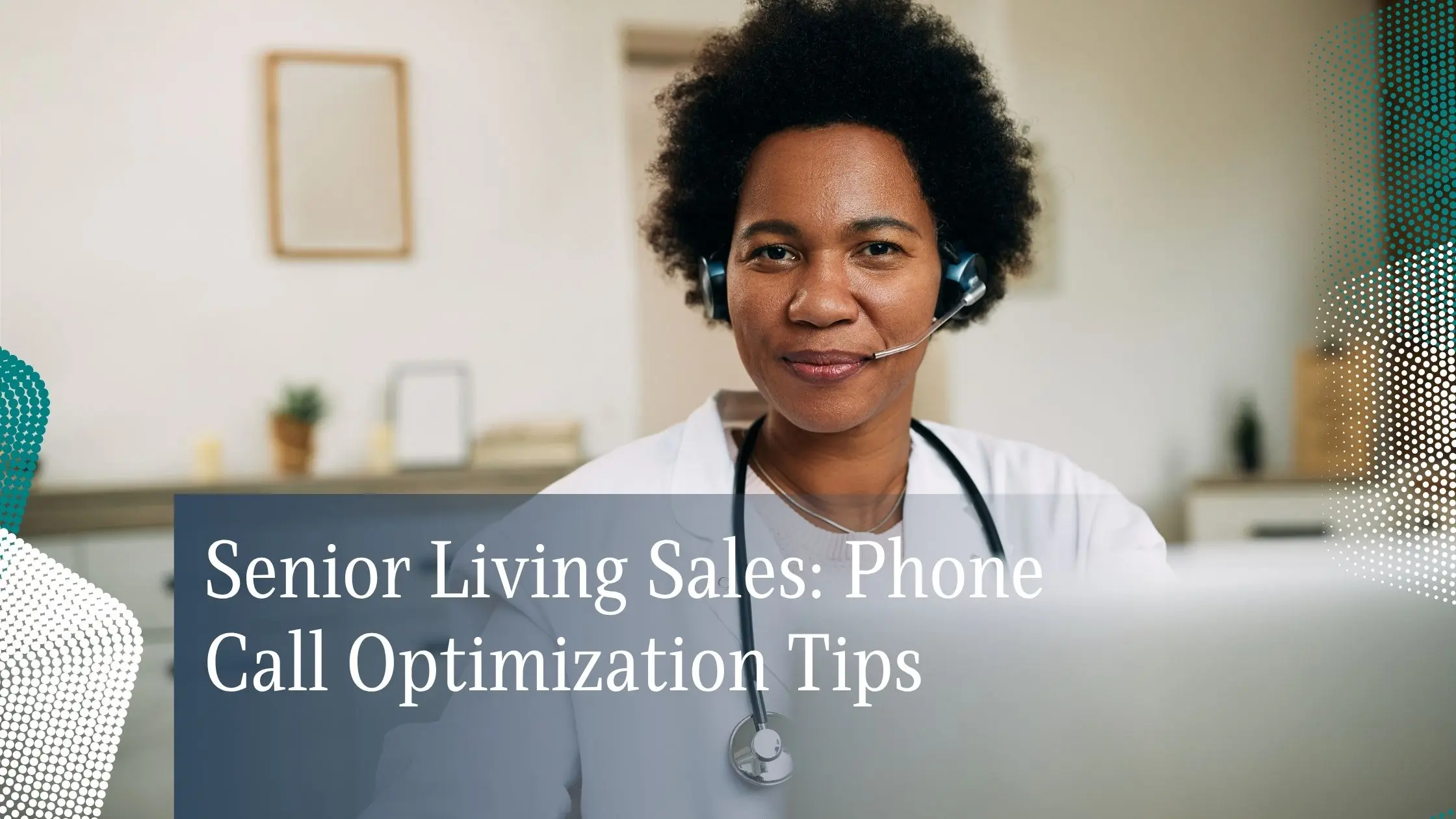
Senior Living
One Phone Call Could Be Your Best Resident Lead — Here’s Why
Optimize phone calls in senior living sales with b...
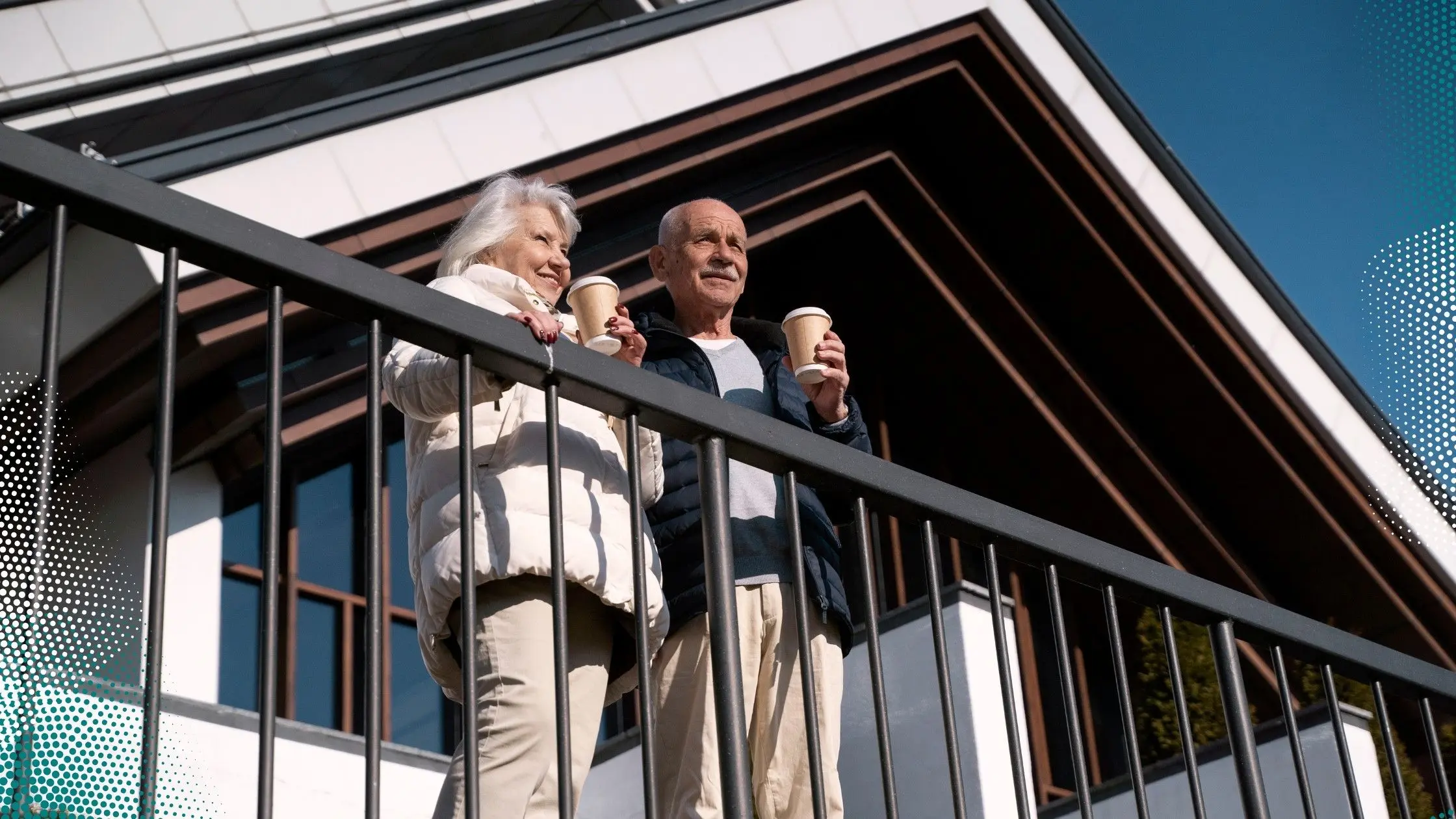
Senior Living
Senior Living Market Booms: Occupancy Back to 90%—Strongest Since 2017
H1 2025 report: senior living occupancy rebounds t...
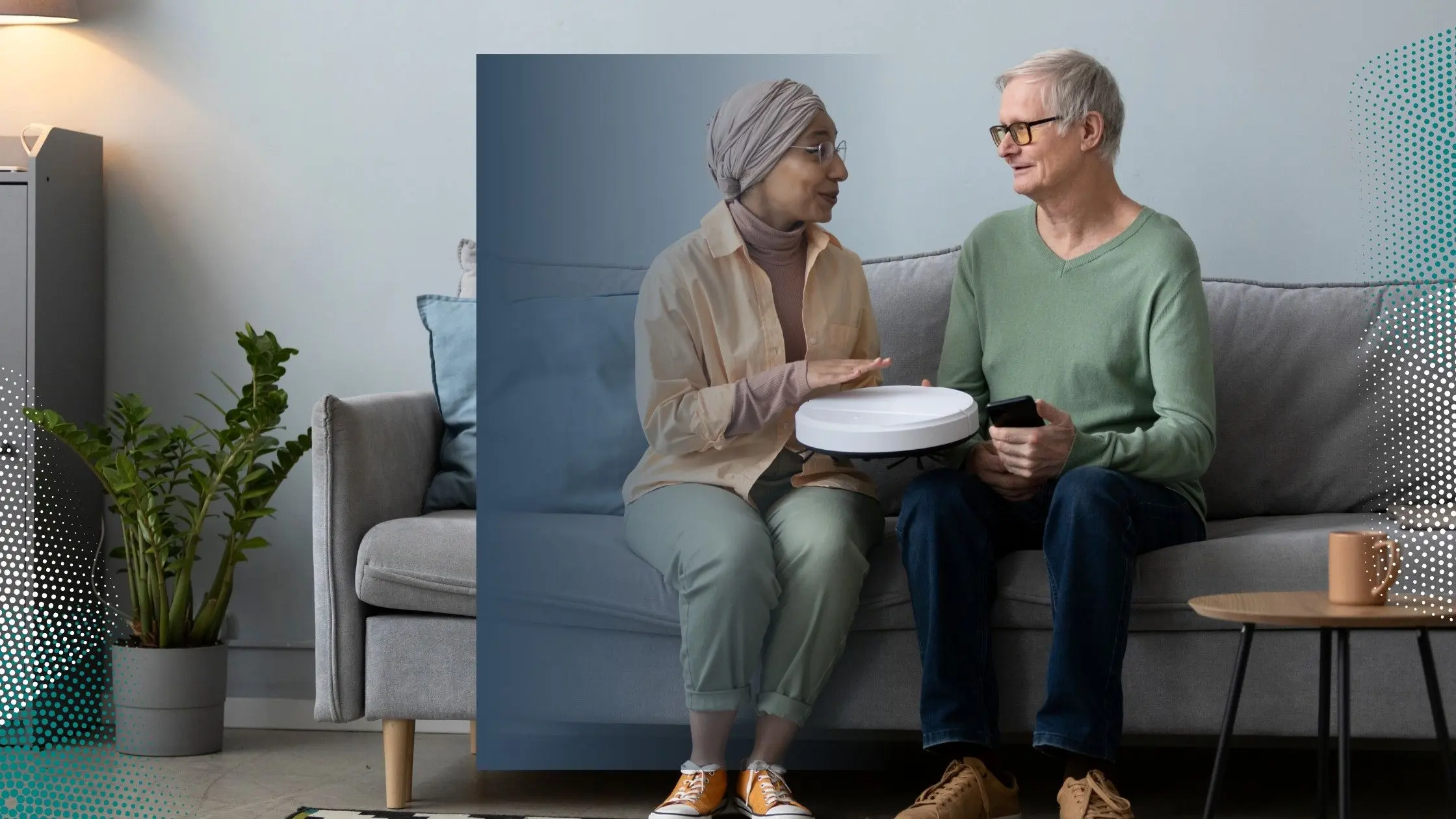
Senior Living
Why 2025 Could Be the Year Senior Living Deals Make a Major Comeback
Senior living investors reset for 2025: accessible...
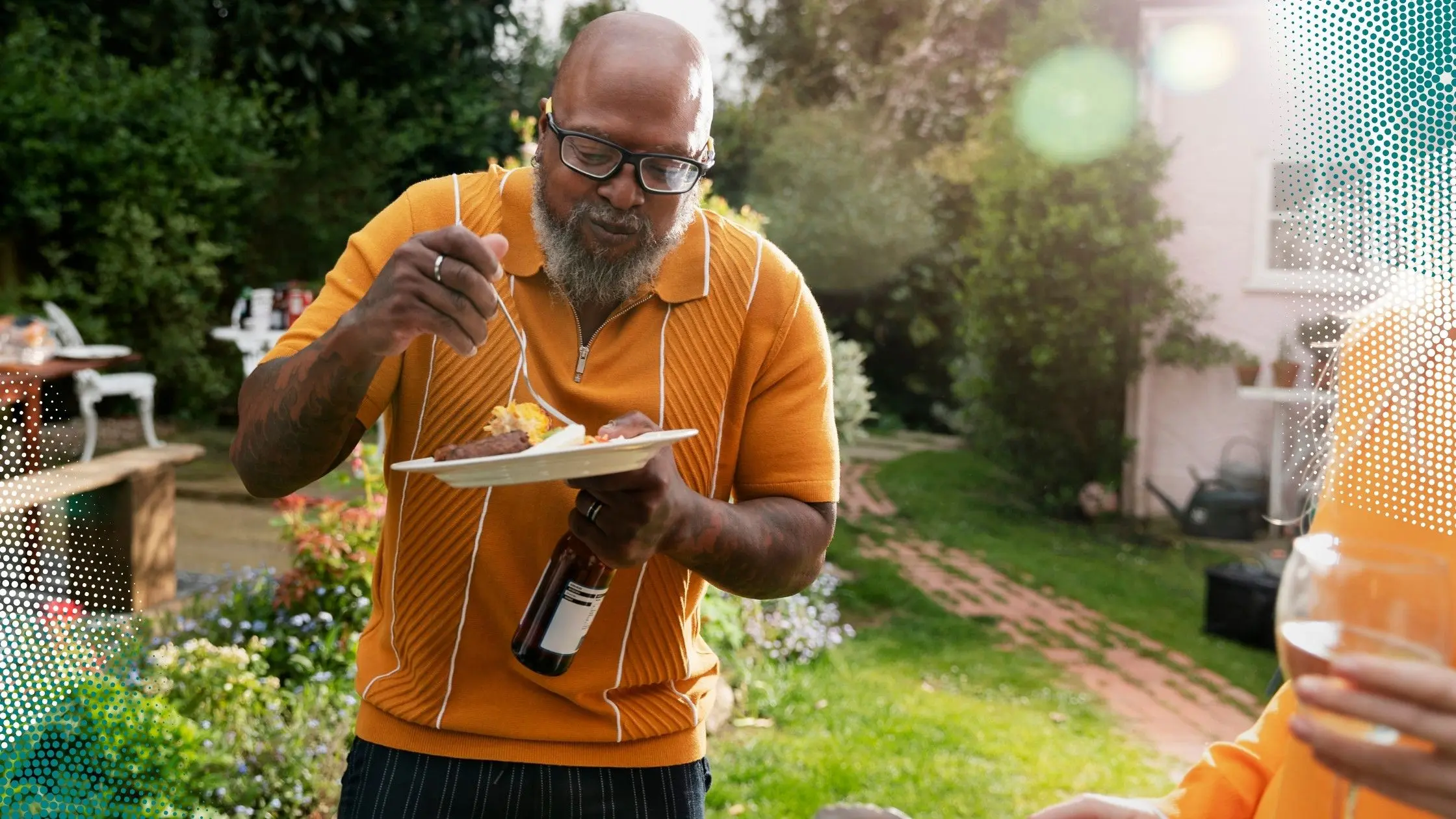
Senior Living
How To Find Budget-Friendly Senior Housing Options
Discover affordable senior housing solutions in th...